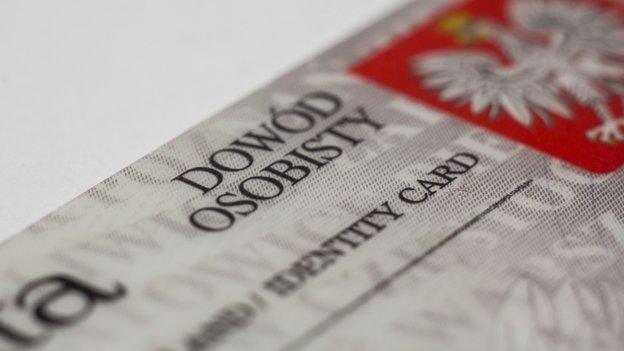Businesses 'positive' on immigration
- Published
The survey was carried out by YouGov
Most Scots think job recruiters should give priority to British people over immigrants, a poll for the BBC has suggested.
The YouGov survey suggests Scots are more positive about the role of new arrivals in the economy than people across the rest of Britain.
But it points to a majority wishing to protect those who already live in Britain from competing for jobs.
The findings are part of the same poll that suggested 64% of Scots wanted to see the level of immigration reduced.
Business leaders said they were "very positive" about immigration.
One of the economic questions put to 1,100 Scottish-based people on the YouGov internet panel was whether employers should give priority to British people over immigrants when recruiting for jobs.
The response showed 58% of Scots took that view, and 30% said there should not be special treatment for British people in jobs recruitment.
The same question was put to a YouGov panel across Britain in February last year and the answer came back as 67% in favour of priority for British people and 20% for a level playing field.
The latest survey also asked whether people thought immigration was good or bad for the British economy.
It found that 36% said it was good and 37% answered that it was bad, with 19% saying it was neither.
The same question asked of a Britain-wide panel a year ago showed a much wider margin of people thought immigration was bad for the economy - 42% bad to 25% good, with 25% saying it was neither.
As with other questions they were asked, the Scottish results pointed to a less negative attitude to immigration than Britain as a whole but the findings were not out of line.
Robert Wright, professor of economics at Strathclyde University, said there was a "mixed bag of empirical research" on whether immigration had a negative effect on pay.
He said there was some evidence of reducing wages at the lower end of the pay scale but he believed the strength of that negative effect had been "exaggerated".
Prof Wright told BBC Scotland: "In theory what immigration can do is grow your labour force.
"If your labour force is not growing you have to pay people more because there are fewer of them and it makes us less competitive.
"You have to have a growing labour force with the appropriate skills to get economic growth.
"The labour market is the place where immigrants make the main contribution."

Welcome to Scotland?
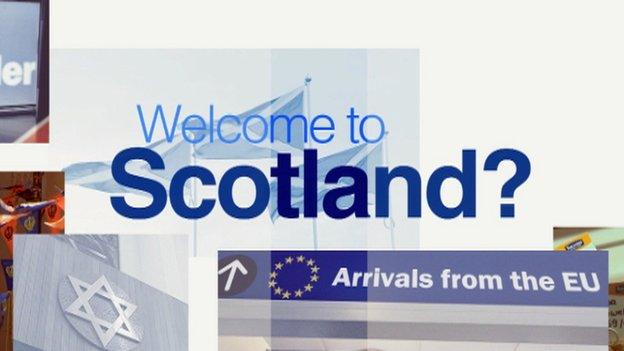

David Watt, executive director of the Institute of Directors, said: "Business is very positive about immigration.
"We have a shortage of labour generally and it is going to get worse by 2020 as the demographics of the population get worse.
"So we have a real problem about seeding the workforce of the future right now."
Alp Mehmet, from pressure group Migration Watch UK, said it would be "too simplistic" to say immigrants came and took jobs from people born in Scotland.
But he said there was evidence of a "downward pressure" on income at the lower end of the salary scale.
Mr Mehmet told BBC Scotland: "I doubt very much that there is an economic case for immigration on a mass scale.
"If we are talking about bringing in skills, the elements of the economy we are lacking, then of course you can do that.
"Low levels of managed migration are absolutely essential. There is nothing to stop Scotland doing that now."
He added: "Most people want sensible immigration. I am a first generation immigrant. I want sensible reasonable levels of immigration."
- Published10 March 2015
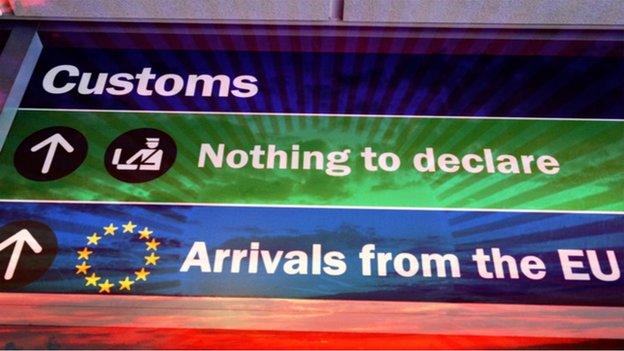
- Published11 March 2015
- Published9 March 2015
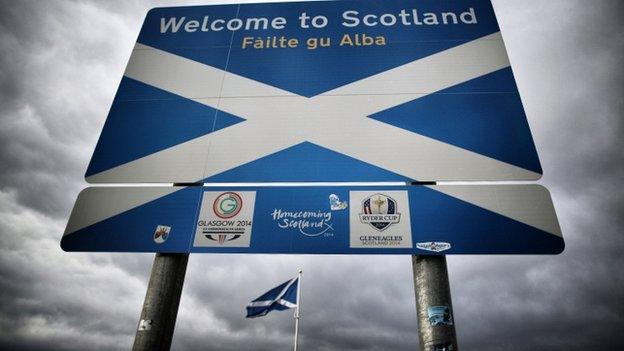
- Published9 March 2015
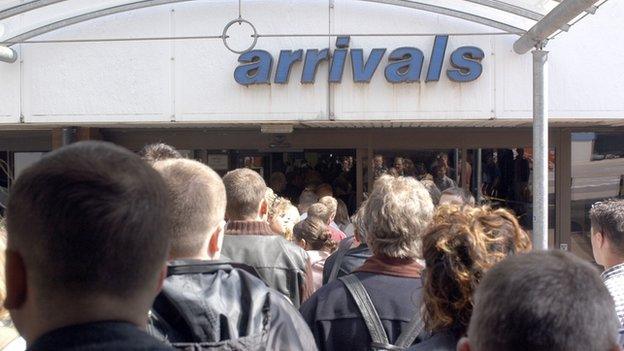
- Published9 March 2015
